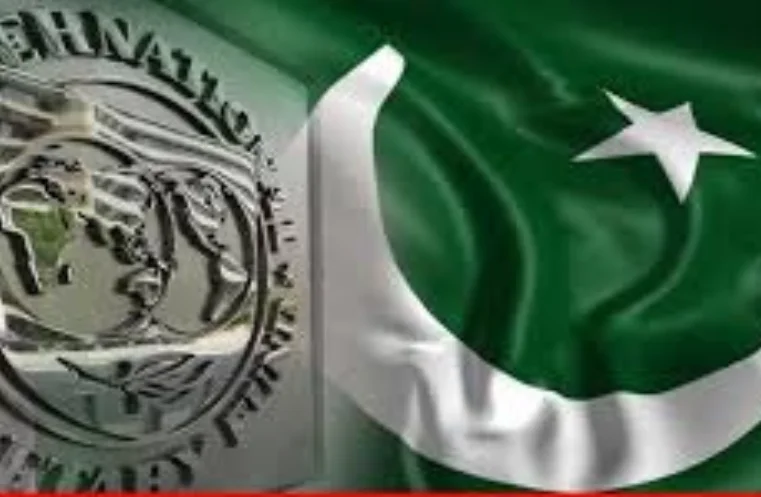ISLAMABAD March 13: IMF review mission which had almost all the key economic ministries and is in midst of the policy level talks in Islamabad, is nearing towards conclusive settlement on key issues.
Circular debt and power sector reforms were among the key issues, which raised many questions and concerns from the visiting mission.
However, many concerns were addressed and where the points remained, additional options were added.
Overall tax collection was another low-performing area, which with some measures would be addressed, or ultimately the expenditure side would face the cuts as always. However, the middle grounds were being sought in the talks.
Pak-IMF Talk: Review Provincial Tax Reforms
The International Monetary Fund (IMF) has sought updates from provincial revenue authorities regarding their readiness to begin collecting Agriculture Income Tax (AIT) from July 1, 2025.
While the IMF has shown some flexibility on delays in AIT collection, a recent workshop in collaboration with the World Bank has tasked the Bank with formulating a roadmap for its implementation in the next fiscal year.
Read More: Govt Notifies IMF of Plans to Cut Surplus Staff
During discussions with all four provinces, the IMF mission also emphasized the need to transition the collection of General Sales Tax (GST) on services from a positive list to a negative list, starting in the 2025-26 fiscal year.
The provinces acknowledged their commitment to this change under the National Tax Council (NTC) agreement but noted that cabinet and legislative approvals would be required, which would be sought during the upcoming budget process.
Pak-IMF Talk: National Fiscal Pact
Key areas of the National Fiscal Pact (NFP) were also reviewed, with the IMF urging stronger revenue generation efforts.
This includes enhancing collections from corporate tax in agriculture, GST on services, and additional provincial tax avenues.
Also Read: Govt Raises Gas Prices for Power Plants to Meet IMF Terms
The Fund further recommended a unified approach to property taxation and administrative reforms to improve tax compliance, particularly for GST.
Additionally, the IMF requested details on the expanded scope of the NTC, which will now oversee the design and legal framework for new tax measures, including property tax.
Economists had estimated that the AIT potential across all provinces stands at approximately Rs880 billion. In his research, he highlighted that the combined provincial tax-to-GDP ratio remains low at 0.7%.
Among the provinces, Sindh has the highest tax-to-Gross Regional Product (GRP) ratio at 1.2%, while Khyber Pakhtunkhwa lags behind at less than 0.4%.
With these proposed changes, Pakistan’s fiscal structure is set for significant reforms.
However, implementation within the given timeline remains a challenge, as it requires legislative approvals and administrative adjustments across all provinces.
